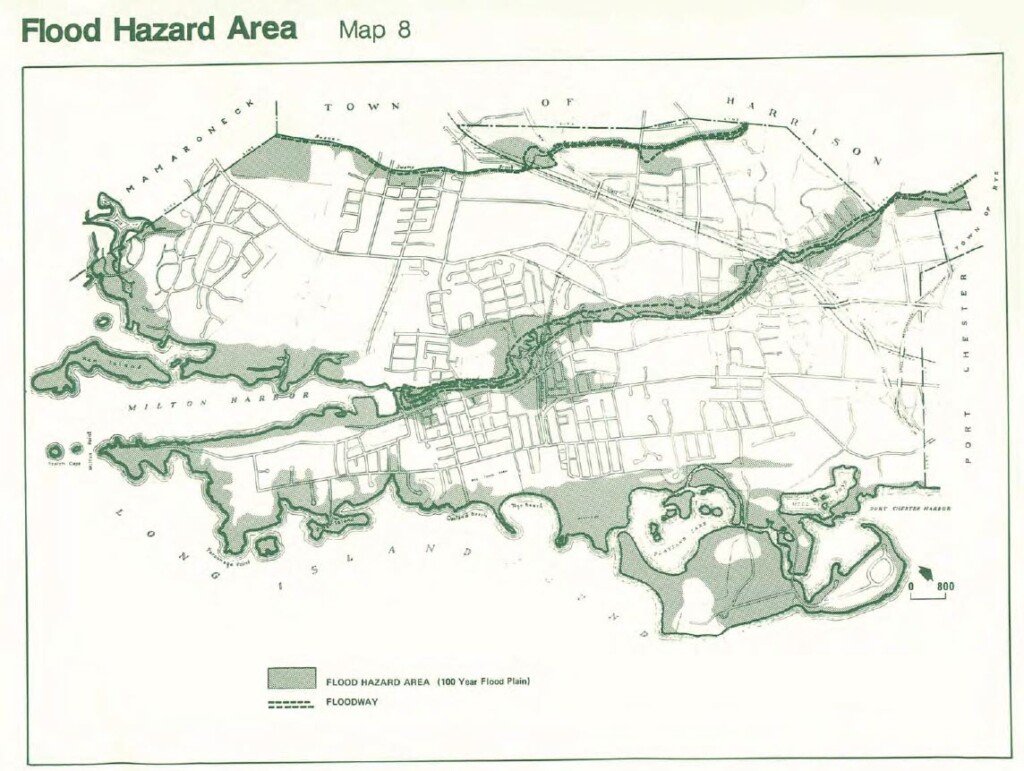Holding Court: Comprehensive Plans – Part 1

Holding Court is a series by retired Rye City Court Judge Joe Latwin. Latwin retired from the court in December 2022 after thirteen years of service to the City.
What topics do you want addressed by Judge Latwin? Tell us.
By Joe Latwin

Every election, local candidates say they want to update the Master Plan bemoaning that it hasn’t updated since it was adopted in Rye in 1985. They are mostly wrong. Firstly, the law, General City Law 28-a, requires a Comprehensive Plan – not a Master Plan.[1] Every change in the Zoning Code is an update to the Comprehensive Plan! That has happened several times since 1985.
The law enabling comprehensive plans says that they are a good thing since:
(a) Significant decisions and actions affecting the immediate and long-range protection, enhancement, growth and development of the state and its communities are made by local governments.
(b) Among the most important powers and duties granted by the legislature to a city government is the authority and responsibility to undertake city comprehensive planning and to regulate land use for the purpose of protecting the public health, safety and general welfare of its citizens.
(c) The development and enactment by the city government of a city comprehensive plan which can be readily identified, and is available for use by the public, is in the best interest of the people of each city.
(d) The great diversity of resources and conditions that exist within and among the cities of the state compels the consideration of such diversity in the development of each city comprehensive plan.
(e) The participation of citizens in an open, responsible and flexible planning process is essential to the designing of the optimum city comprehensive plan.
(f) The city comprehensive plan is a means to promote the health, safety and general welfare of the people of the city and to give due consideration to the needs of the people of the region of which the city is a part.
(g) The comprehensive plan fosters cooperation among governmental agencies planning and implementing capital projects and municipalities that may be directly affected thereby.
A comprehensive plan means the materials, written and/or graphic, including but not limited to maps, charts, studies, resolutions, reports and other descriptive material that identify the goals, objectives, principles, guidelines, policies, standards, devices and instruments for the immediate and long-range protection, enhancement, growth and development of the city.
The comprehensive plan may include the following topics at the level of detail adapted to the special requirements of the city:
(a) General statements of goals, objectives, principles, policies, and standards upon which proposals for the immediate and long-range enhancement, growth and development of the city are based.
(b) Consideration of regional needs and the official plans of other government units and agencies within the region.
(c) The existing and proposed location and intensity of land uses.
(d) Consideration of agricultural uses, historic and cultural resources, coastal and natural resources and sensitive environmental areas.
(e) Consideration of population, demographic and socio-economic trends and future projections.
(f) The location and types of transportation facilities.
(g) Existing and proposed general location of public and private utilities and infrastructure.
(h) Existing housing resources and future housing needs, including affordable housing.
(I) The present and future general location of educational and cultural facilities, historic sites, health facilities and facilities for emergency services.
(j) Existing and proposed recreation facilities and parkland.
(k) The present and potential future general location of commercial and industrial facilities.
(l) Specific policies and strategies for improving the local economy in coordination with other plan topics.
(m) Propose measures, programs, devices, and instruments to implement the goals and objectives of the various topics within the comprehensive plan.
(n) All or part of the plan of another public agency.
(o) Any and all other items which are consistent with the orderly growth and development of the city.
The City Council or, if directed by the Council, may adopt a resolution authorizing the planning board or a special board, to prepare a proposed city comprehensive plan and amendments thereto. The authorized board must recommend any proposed plan or amendment to the legislative body of the city. Any proposed comprehensive plan or any amendment must be referred to the county planning board or agency or regional planning council for review and recommendation.
[1] If it is insensitive to call the main bedroom of a home a “master bedroom”, is it also insensitive to call the comprehensive plan a “master plan”






